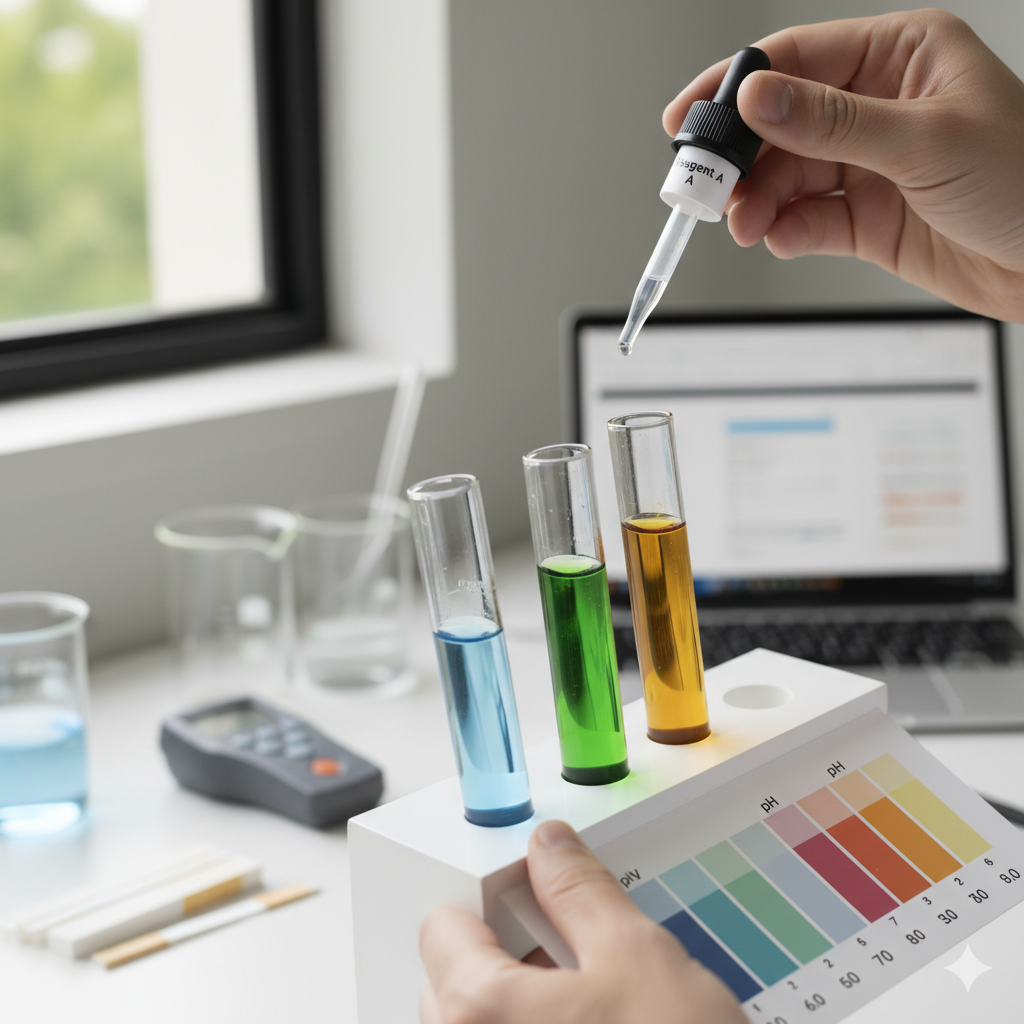Water is an essential resource for everyone, and ensuring its quality is critical, especially in a state like Michigan. Known for its abundant natural water resources, Michigan still faces challenges that make regular water testing a crucial practice for residents.
The Unique Water Landscape of Michigan
Michigan is surrounded by the Great Lakes and contains a vast network of rivers and inland lakes. While this provides ample water supplies, it also introduces complexity in managing water quality. Natural factors and human activities can affect the water, making testing necessary to maintain its safety and purity.
Understanding Potential Contaminants
Various contaminants can find their way into Michigan's water supplies. These include naturally occurring substances like arsenic and human-introduced pollutants such as industrial chemicals and agricultural runoff. Testing for these impurities helps in identifying potential health risks before they affect the community.
Lead and Drinking Water
One critical concern in Michigan is lead contamination. The Flint water crisis highlighted the dangers of lead in drinking water, emphasizing the need for vigilant testing. Ensuring that water is lead-free protects public health and maintains trust in the state's water systems.
The Role of Well Water Testing
Many Michigan residents rely on private wells for their water supply. Unlike municipal systems, well water is not regularly tested by local authorities, placing the responsibility on homeowners. Regular testing can detect issues like bacterial contamination, ensuring that families have access to clean, safe water.
Common Tests for Well Water
- Bacteria Testing: Checks for harmful bacteria such as E. coli, which can cause serious health problems.
- Nitrate Testing: Important for households with young children, as high nitrate levels can be harmful.
- pH Levels: Measures the acidity or alkalinity of the water, impacting both health and plumbing.
The Environmental Impact
Water testing is not only about ensuring safe drinking water; it also plays a significant role in protecting the environment. Identifying pollutants early helps in mitigating their impact on ecosystems, preserving Michigan's natural beauty and biodiversity.
How Often Should You Test Your Water?
For private wells, it's recommended to test at least once a year for bacteria and nitrates, and every few years for other contaminants. Seasonal changes, like spring thaw or heavy rains, can affect water quality, making periodic testing essential.
Finding Reliable Testing Services
Residents can find reputable testing services through local health departments or certified laboratories. Companies like Ortonville Well Drilling offer comprehensive testing services, ensuring that any issues are promptly identified and addressed.
In Michigan, taking proactive steps to test water quality is not just about personal health. It is about safeguarding the environment, preserving the state's natural resources, and ensuring a high quality of life for all residents.

Comments